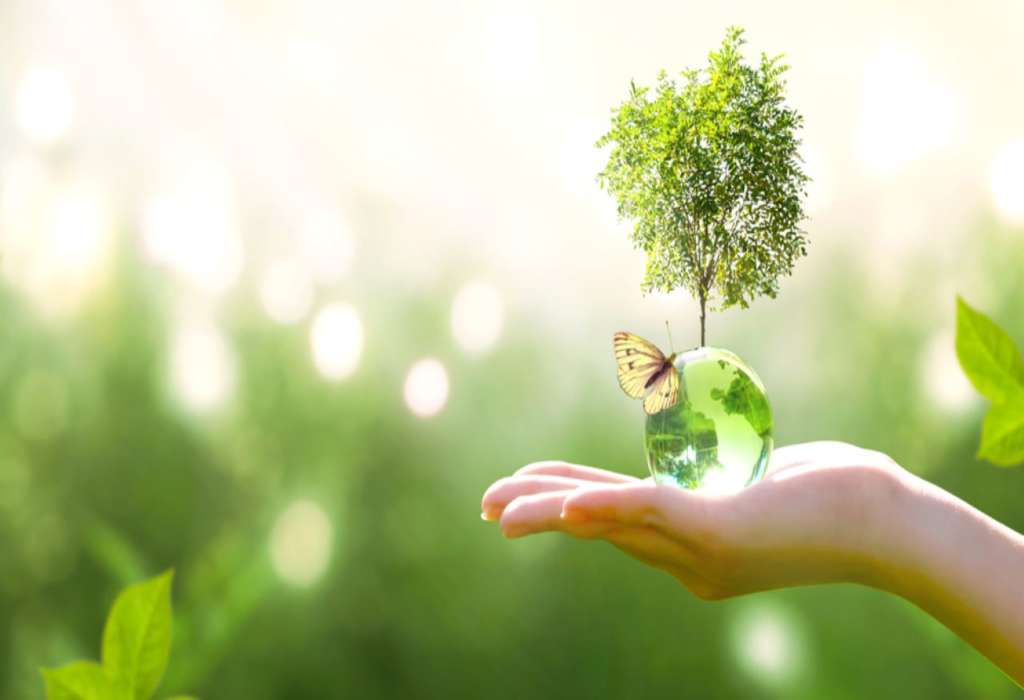Considering an Earth & Geoscience Course?
If you would like to explore the study of the Earth, a geoscience course may be ideal for you. Geoscience involves much more than rocks and volcanoes; it looks and studies the processes process that shape and form the Earth’s surface, the natural resources we use, and how ecosystems and water are interconnected. Geoscience uses techniques and tools from other science fields also such as physics, maths, biology and chemistry. The good news is there are tons of earth and geoscience courses currently available so there is no excuse not to get started.
About Geoscience
Geoscience is a multi-disciplinary course that is designed by leading research scientists in response to critical challenges facing the earth system in the 21st century. It combines the study of geography, geology, physics, biology and chemistry, to develop a complete understanding of exactly how the earth works. Geoscientists predict volcanic eruptions and earthquakes, analyse the changing climate, maintain clean water and air, find supplies of energy and raw materials, reconstruct the evolution of rocky planets and life and measure the motion of the Earth’s crust and oceans.
Is the Course for You?
If you are interested in science, enjoyed taking geography and science at school, care about the Earth, are fascinated by the natural world and enjoy working outside, a career in geoscience may be perfect for you. Geoscience generally attracts people who wish to study the dynamics of our planet, to understand environmental changes present, past and future, and to manage the Earth’s resources in a sustainable and economic manner.
What Will I Learn?
The course will provide you with a solid grounding in geoscience and will cover geology, human and physical geography in addition to statistics, computation and mathematics. You will learn about chemical, physical and biological sciences also. Students will learn about environmental and climate change, metamorphic and igneous processes, tectonics, sedimentology, natural resources including mineral, water and hydrocarbons, evolution and palaeontology. The basics of plate tectonics, processes which control the formation of mountains and sedimentary basins and how sediments are deposited, transported and formed will be explored. Learners will explore how rocks are formed and how knowledge of deformation rises the reliability of subsurface predictions, geology of geothermal energy and hydrocarbon geology.
Career Opportunities
There is currently a shortage of geoscientists across the globe. Geoscience prepares students to work on many of society’s most crucial challenges whilst unlocking lucrative and personally rewarding careers in industry. Some of these areas include research and Government and academic. Other areas you can expect to work in are environmental, engineering and geological consultancies, mineral exploration companies, Government geological surveys, environmental planning and teaching and research. Geoscience graduates are also highly valued in some more generalised fields of employment because of their adaptability, their experience at dealing with complex but incomplete data sets and their many transferable skills.
If you’re serious about doing an earth and geoscience course, check out courses near you in the Nightcourses.co.uk national course finder.








